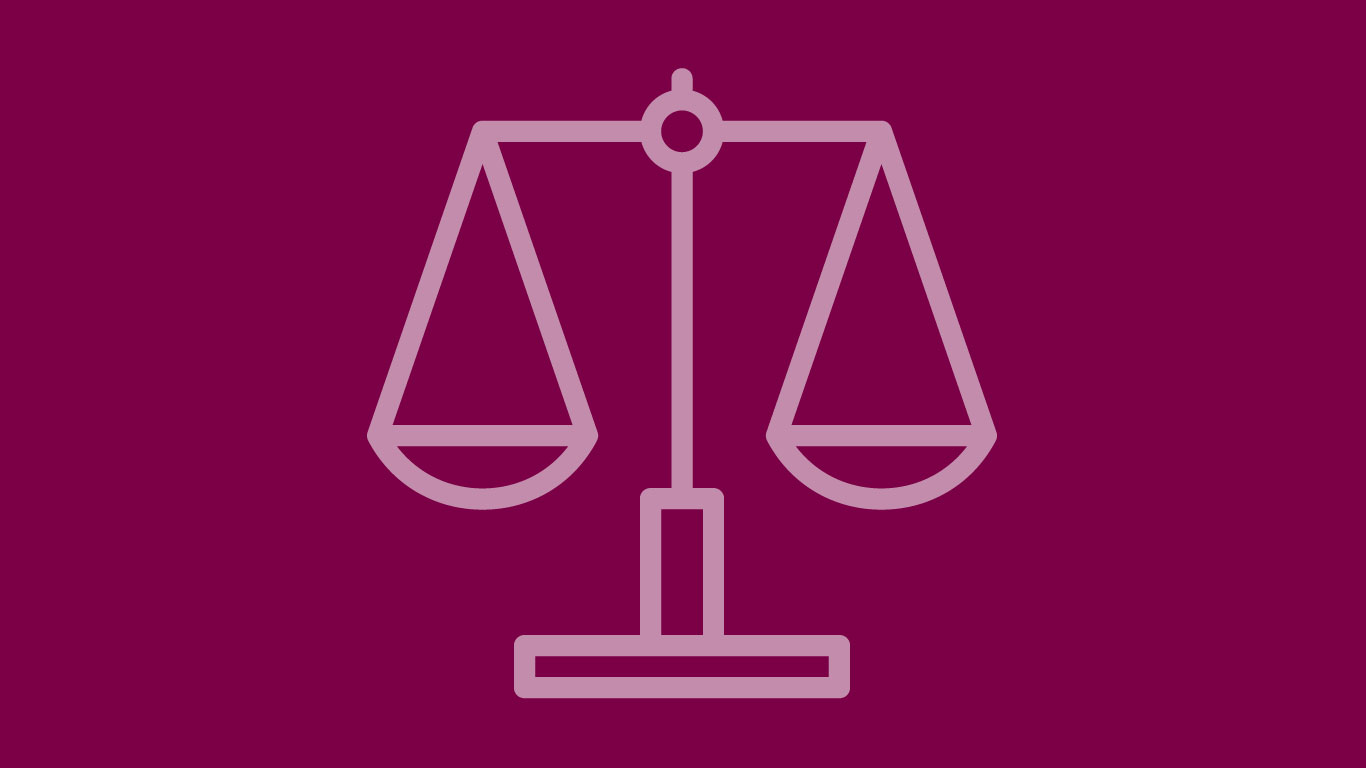- Home
- Information on enforcement
- Tasks of enforcement
- Information for debtors
- Beginning of enforcement proceeding
- I have received a demand for payment
- Paying your debt
- What can be garnished or distrained
- Calculation of the garnished amount
- Deferral or restriction of garnishment and payment-free months
- Realisation of assets
- Distribution of funds
- Lack of means and payment default entries
- Time-limitation of debt
- Information for creditors
- Information for employers
- Enforcement fees
- If you are dissatisfied
- Help in managing the finances
- EU and international matters
- About us
- Customer service
